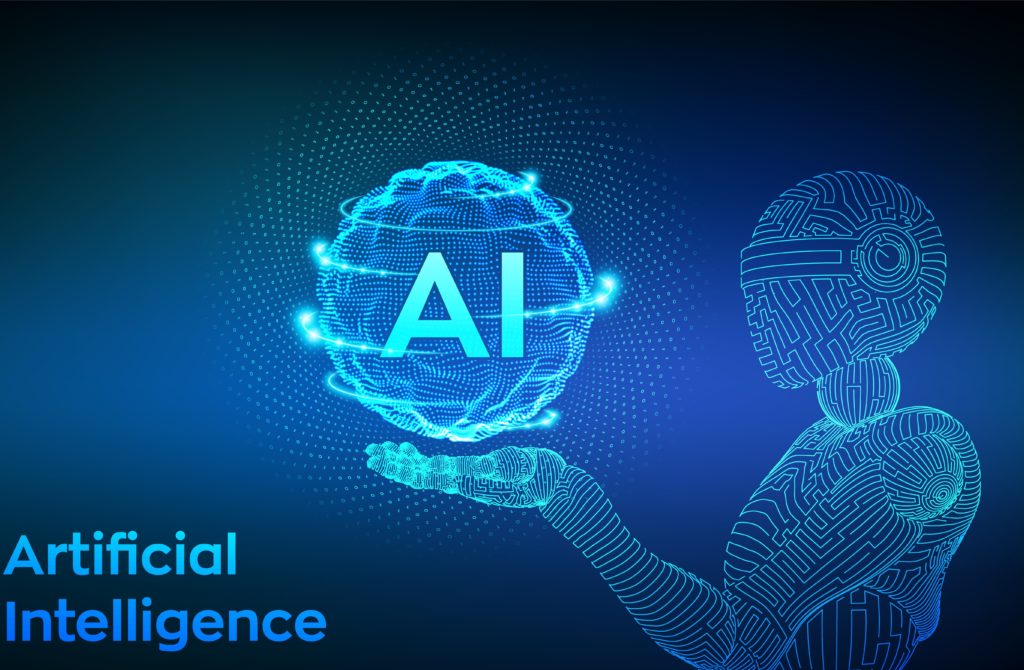
Unveiling the Power of Artificial Intelligence: Shaping the Future
Artificial Intelligence (AI) has emerged as one of the most transformative and revolutionary technologies of our time. With its ability to mimic human intelligence and perform tasks that were once thought to be exclusive to humans, AI is reshaping industries, enhancing productivity, and unlocking new possibilities across various domains. From healthcare and finance to transportation and entertainment, AI has permeated almost every aspect of our lives, promising a future that was once the realm of science fiction. This article delves into the remarkable potential of AI, its current applications, and the ethical considerations that accompany its rapid development.
The Power of Artificial Intelligence:
AI is a broad term encompassing a range of technologies and techniques designed to enable machines to imitate human cognitive functions such as learning, reasoning, problem-solving, and decision-making. Through the use of algorithms, data analysis, and machine learning, AI systems can process vast amounts of information, recognize patterns, and make predictions with incredible accuracy and speed.
One of the primary strengths of AI lies in its ability to automate tasks that were traditionally performed by humans, leading to increased efficiency and productivity. AI-powered systems can handle repetitive and mundane tasks, freeing up human resources to focus on more complex and creative endeavors. This automation potential has led to significant advancements in various industries, including manufacturing, logistics, customer service, and data analysis.
Furthermore, AI excels at extracting valuable insights from big data, enabling organizations to make data-driven decisions and uncover hidden patterns. By processing and analyzing large volumes of information, AI algorithms can identify trends, anomalies, and correlations that humans might overlook, thus providing valuable insights for businesses and researchers.
Real-World Applications of AI: The applications of AI are vast and diverse, touching nearly every industry and sector. In healthcare, AI is transforming diagnostics, drug discovery, and personalized medicine. AI algorithms can analyze medical images and patient data to detect diseases such as cancer at early stages, leading to improved treatment outcomes. AI-powered virtual assistants are also revolutionizing patient care by providing personalized health advice and reminders.
In the field of finance, AI is enhancing fraud detection, risk assessment, and algorithmic trading. Machine learning algorithms can quickly analyze financial data and identify patterns associated with fraudulent activities, reducing financial losses and improving security. AI-powered chatbots and virtual assistants are also streamlining customer service in the banking and insurance sectors, providing instant support and personalized recommendations.
Transportation is another domain where AI is making significant strides. Self-driving cars, powered by AI algorithms, are being developed and tested by major automotive companies. These vehicles have the potential to reduce accidents, improve traffic flow, and enhance mobility for individuals who cannot drive. AI is also transforming logistics and supply chain management by optimizing route planning, inventory management, and delivery processes.
Ethical Considerations and Future Implications:
While AI offers immense potential, its rapid advancement raises ethical concerns that need to be addressed. Issues such as data privacy, algorithmic bias, and the impact of automation on employment require careful consideration. As AI systems rely on large amounts of data, protecting individual privacy becomes crucial. Additionally, biases present in training data can lead to discriminatory outcomes, highlighting the importance of fairness and transparency in AI algorithms.
Furthermore, the potential displacement of jobs due to automation calls for the development of strategies to reskill and upskill the workforce. It is essential to foster collaboration between humans and AI systems to maximize their combined capabilities and create a future where AI augments human intelligence rather than replacing it.
Conclusion:
Artificial Intelligence is a powerful technology that is reshaping our world and revolutionizing industries. Its ability to automate tasks, process vast amounts of data, and provide valuable insights holds tremendous promise for enhancing productivity, improving decision-making, and transforming various sectors. However, as we embrace AI, it is crucial to navigate the ethical challenges and ensure that AI is developed and deployed responsibly, with considerations for privacy, fairness, and the future of work. With thoughtful regulation and ethical frameworks, AI can propel us into a future where humans and machines collaborate synergistically, unleashing unprecedented opportunities for innovation and progress.
